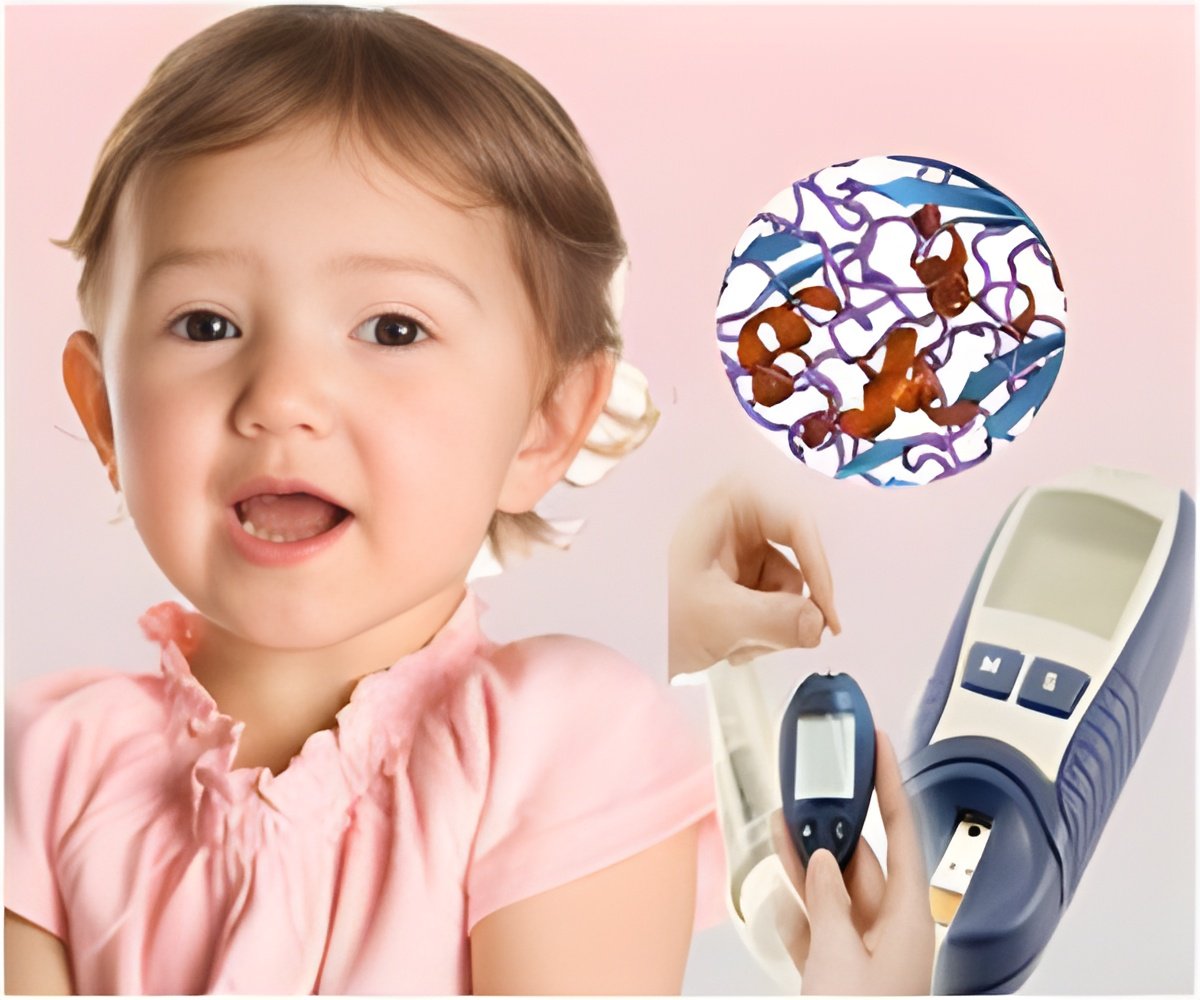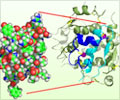In predisposed children, early exposure to complex foreign proteins, such as cow's milk proteins, increases the risk of type 1 diabetes, indicate previous studies.

After breastfeeding the babies were either weaned to a special formula, where the cow's milk proteins were split into small peptides, or to a conventional infant formula with the regular cow's milk proteins. The first study endpoint was positivity for at least two diabetes-associated autoantibodies by the age of six years.
The results show that there was no difference in the appearance of autoantibodies between the two study groups. However, the disease process resulting in clinical diabetes has clearly two phases, the first being the appearance of autoantibodies and the other the progression from autoantibody positivity to clinical disease.
"The current results do not exclude the possibility that the early dietary modification may affect the latter phase, and therefore it is extremely important to continue to follow the study participants into the final endpoint, which is the age of ten years. That endpoint will be reached in 2017", Professor Knip states.
Source-Eurekalert
 MEDINDIA
MEDINDIA




 Email
Email










